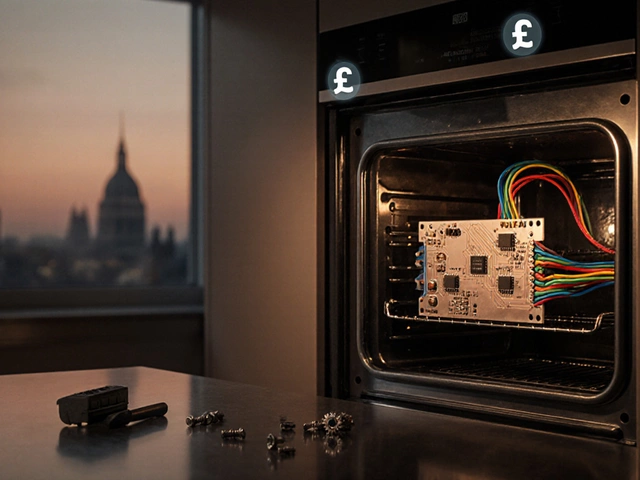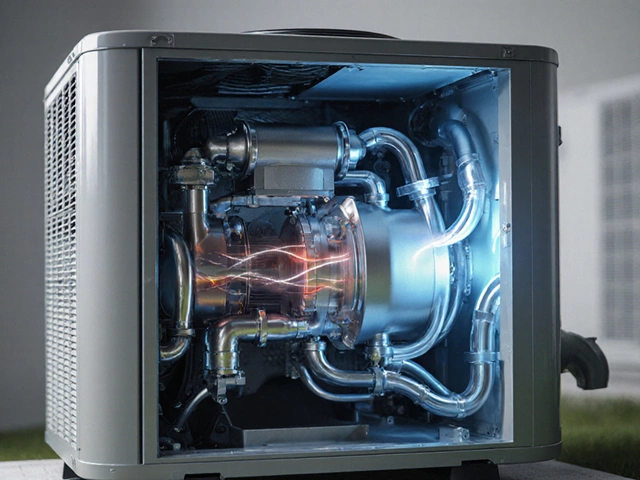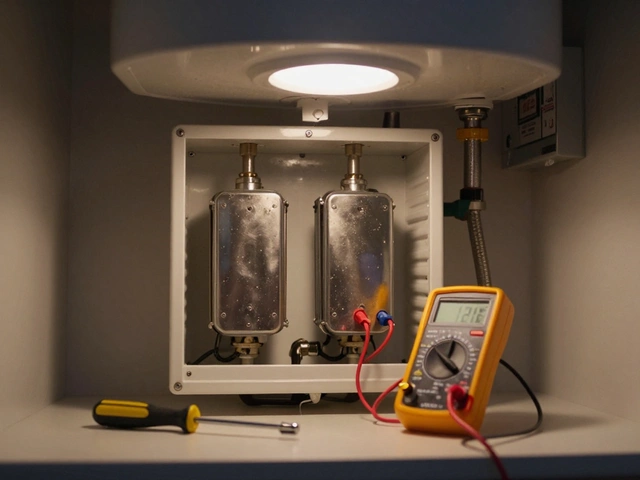If your freezer has stopped making ice or the food is getting soggy, you’re probably wondering what went wrong. A freezer that doesn’t stay cold can be annoying, waste food, and raise your energy bill. Luckily most issues are easy to identify and fix without calling a technician right away.
First, check the basics. The power cord might be loose, the outlet could have tripped, or the fuse might be blown. Plug another device into the same socket to be sure the power is there. Next, look at the temperature setting. Many people accidentally set the dial too warm after cleaning or reorganising the freezer. Aim for about -18°C (0°F) for optimal performance.
Ice buildup is another frequent culprit. If frost built up more than ½ inch thick, it blocks the airflow and makes the compressor work harder. This usually happens when the door stays open too long, the seal is damaged, or the defrost timer fails. A dirty condenser coil can also cause overheating. Dust and pet hair on the coils reduce heat transfer, so the compressor runs constantly without cooling the interior.
Finally, listen for unusual noises. A humming or clicking sound can signal a failed start relay or a broken fan motor. If the freezer makes a loud clunk, the compressor might be seized. These mechanical problems need a professional’s eye.
Start with a quick reset. Unplug the freezer for five minutes, then plug it back in. This resets the electronics and can clear minor glitches. While it’s unplugged, pull out the shelves and clean the interior with a mild soap solution. Remove any food that’s melted or spoiled.
Next, check the door gasket. Close the door on a piece of paper—if you can pull it out easily, the seal is leaky. Wipe the gasket with warm soapy water and inspect for cracks. A simple repair kit or a new gasket can stop warm air from sneaking in.
If you see heavy frost, defrost it manually. Turn the freezer off, leave the door open, and let the ice melt. Speed up the process with a bowl of hot water inside, but avoid using sharp tools that could damage the walls. Once the ice is gone, wipe everything dry, plug the unit back in, and let it reach the proper temperature before restocking food.
Cleaning the condenser coils is a must every six months. Locate the coils—usually at the back or underneath the freezer—and use a vacuum brush or a coil cleaning brush to remove dust. This helps the compressor stay cool and run efficiently.
After these steps, monitor the freezer for a few hours. If the temperature stays steady and there’s no unusual noise, the problem is likely solved. However, if it still runs hot, makes loud clicks, or the frost returns quickly, it’s time to call a professional.
At Bognor Regis Appliance Repair Experts, we specialise in quick, reliable freezer repairs for homes in Bognor Regis and surrounding areas. Our technicians can diagnose faulty relays, replace compressors, or fix seal issues on the spot. Give us a call when DIY isn’t enough—you’ll save money on food waste and avoid a bigger repair bill later.

A malfunctioning freezer can be a headache, particularly when it involves the compressor. Understanding whether it's worthwhile to replace a compressor requires consideration of several factors, including cost, age, and efficiency. This article breaks down the key elements for deciding if compressor replacement is the best route. With practical advice and insider tips, you'll gain clarity on making an informed decision for your appliance.

Trying to figure out if you should repair your electric stove or just buy a new one? This article breaks down the real costs, common repairs, and the value of fixing versus replacing. Find out what issues are usually fixable, what repairs make sense, and when to let go. You'll also get practical tips for simple DIY fixes and signs you need a pro. Make a smart choice for your kitchen and your wallet.

Learn the typical UK price for an oven control board, factors that affect cost, DIY steps, and when to call a professional in 2025.

Find out the 2025 price range for heat pump compressors, what factors affect cost, how to get accurate quotes, and whether DIY or professional installation is best.

Wondering if your oven can hit the 20-year mark? This article digs into what really decides how long an electric oven lasts, from the make to how you treat it. Get real tips to keep yours running strong, spot early signs of trouble, and find out when repair is smarter than replacement. No fluff—just straight answers for anyone looking to save money and avoid surprise oven breakdowns. This is your guide to squeezing every last year out of your electric oven.

Fix a water heater producing cold water by checking the power, testing heating elements, adjusting the thermostat, flushing sediment, and replacing faulty parts like the dip tube or thermocouple. Most issues are simple DIY fixes.